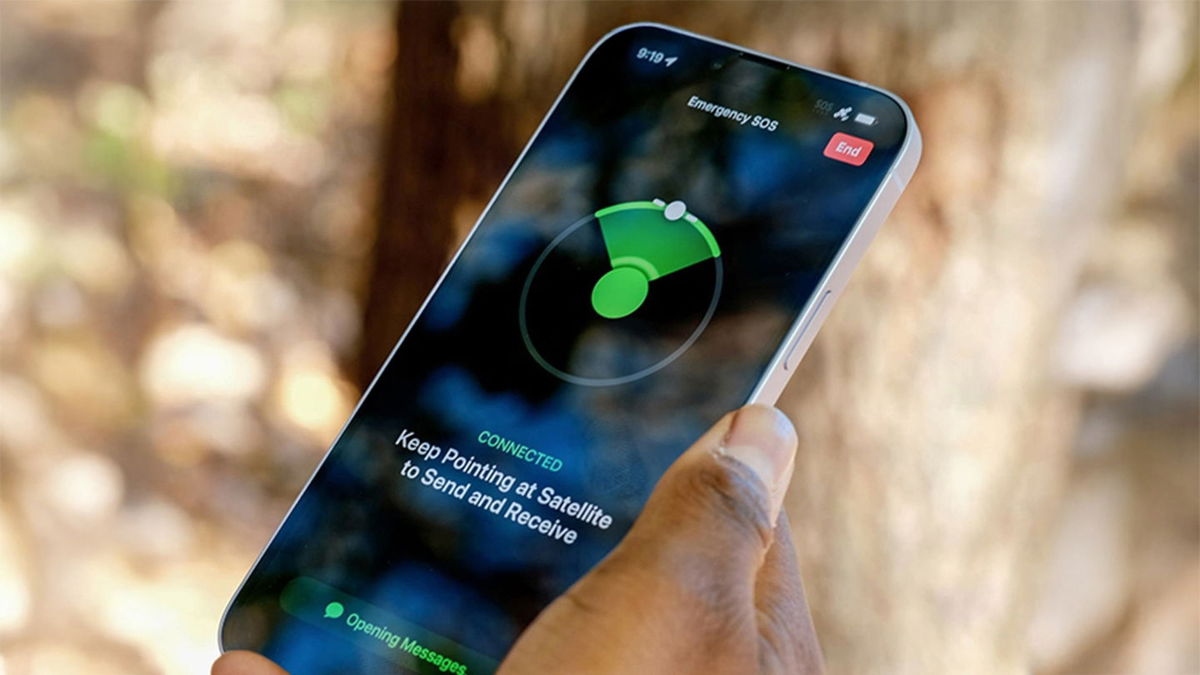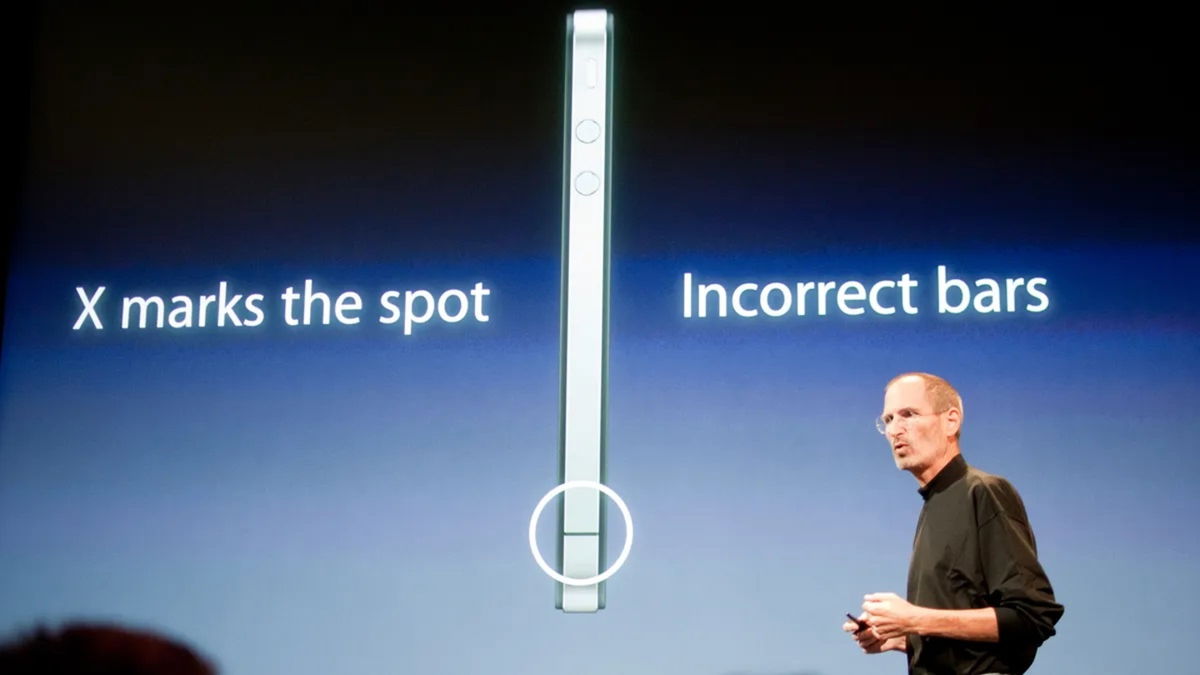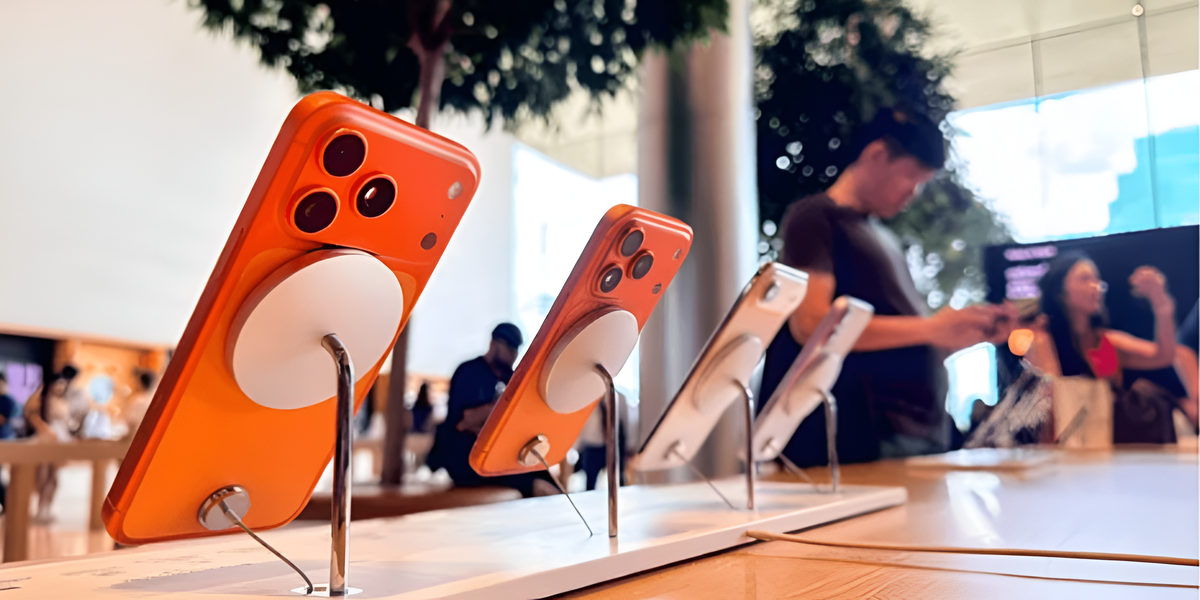Google has made a decision that will change the course of Android forever. The technological giant confirmed his intentions To develop the operating system in private completelyThis adjustment field will significantly affect the course of the open source code Android (AOSP), the basics of Samsung, Xiaomi and other manufacturers.
In accordance with Android AuthorityGoogle confirmed that all future work of Android will be performed in private. The company indicates that this is the decision seeks to simplify the development of the operating system, The completion of the discrepancies that exist between the current version of Android and AOSP.
Historically, Google has retained two main android branches: AOSP public branch and internal development. Although AOSP worked as a public storage, most of the development of the main structure of Android was carried out in the interior of Google, available only for companies with the Google Mobile Service (GMS) license.
The divergence between them has long causes problems. The Android open source project stands behind the internal branch of Google, which generates inconsistencies in the accessibility of functions and API documentationDespite Google’s efforts to reduce this gap with the help of trunk -based development, the problem is maintained today.
Android will not become a closed code system
Consolidating the development of Android in one inner branch, Google seeks to eliminate the need for continuous synchronization between AOSP and its private repository. This is a change guarantees a more optimized workflow, Allows Google to focus on one version without overloading independent branches.
Google says this This change does not mean that android becomes a closed code systemThe company promised to publish the source code of each Android update after the official launch.
As a result, when Android 16 starts at the end of this year, Its corresponding source code will still be published in AOSPIn addition, Google will continue to publish the source code of the nucleus bifurcation of Android Linux, which is regulated separately by the GPLV2 license.
While the nature of Android with open source remains untouched, AOSP public updates will be reducedThe field of those who monitor the development of Android in real time will have to wait for full launch cycles. In addition, developers who do not have a GMS license will be more difficult to contribute to Android development, since their contributions can no longer follow the rhythm of Google’s internal progress.
Google revealed this The transition will have a minimal impact on users And application developers. On the other hand, manufacturers, such as Samsung, Xiaomi and other OEM, will not be affected, since many of them avoid AOSP from their instability. The main problem will be Independent developers and employees who interact with AOSP For early access.
Source: Hiper Textual
I’m Ben Stock, a highly experienced and passionate journalist with a career in the news industry spanning more than 10 years. I specialize in writing content for websites, including researching and interviewing sources to produce engaging articles. My current role is as an author at Gadget Onus, where I mainly cover the mobile section.













